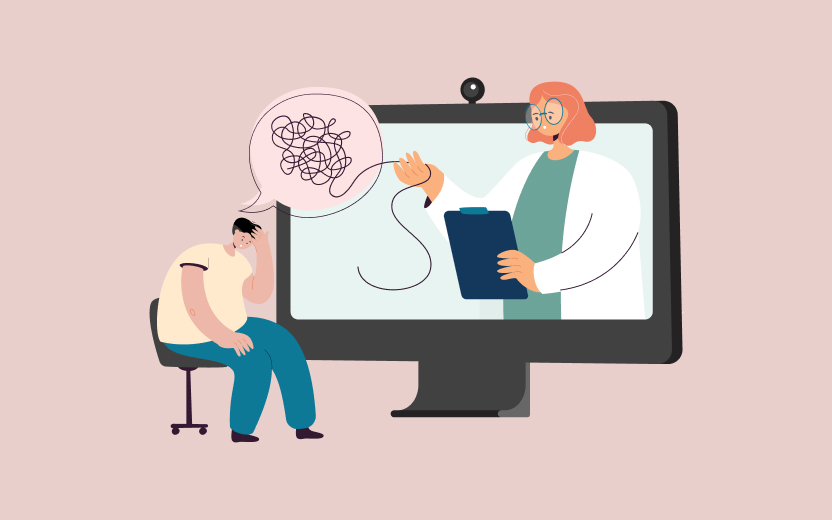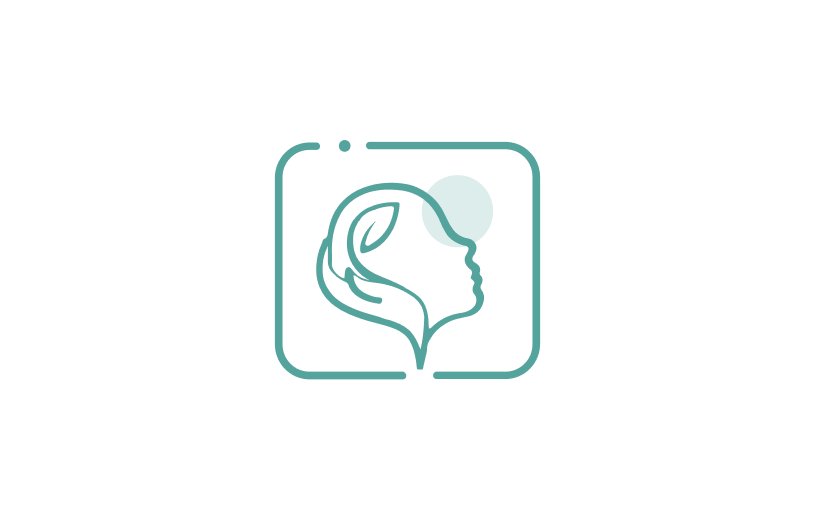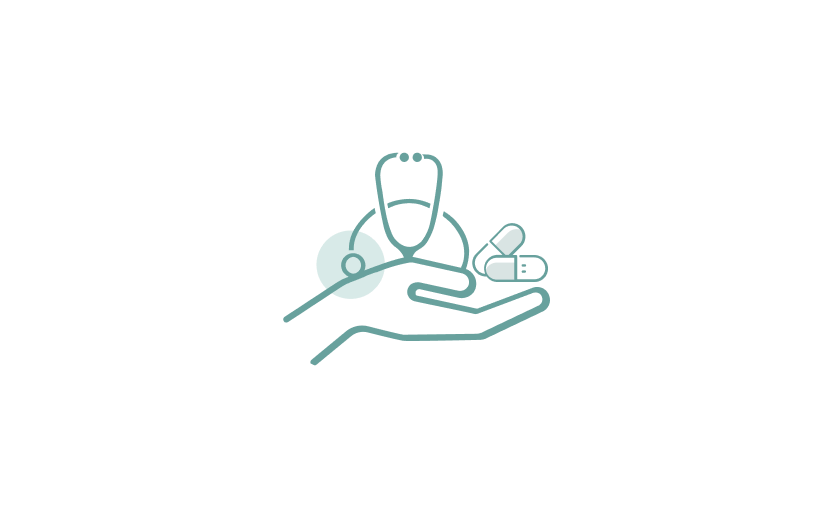Bipolar Disorder
Are you experiencing extreme mood swings? Struggling with periods of elevated energy and enthusiasm followed by deep bouts of depression? MediPsych’s specialized treatment for bipolar disorder can empower you to lead a balanced life.
What is Bipolar Disorder?
Imagine a roller coaster ride, with extreme highs and lows that seem to come out of nowhere. That’s what it can feel like for someone with Bipolar Disorder. This condition involves intense mood swings, from periods of extreme euphoria and energy (known as manic episodes) to episodes of deep depression and low energy.
Bipolar Disorder is a mental health condition that affects the brain and often begins in adolescence or early adulthood. It is characterized by shifts in mood, energy, and activity levels that can disrupt daily life and relationships. Individuals with Bipolar Disorder may experience periods of excessive happiness, grandiosity, and increased impulsivity during manic episodes, followed by periods of extreme sadness, hopelessness, and lack of interest or pleasure during depressive episodes.
Without proper management and treatment, Bipolar Disorder can have significant impacts on a person’s well-being, relationships, and overall quality of life. However, with the right interventions and support, individuals with Bipolar Disorder can find stability and lead fulfilling lives.
leading Symptoms
The many faces of Bipolar Disorder

Bipolar I Disorder
This is characterized by manic episodes that last at least seven days and may be severe enough to require hospitalization. Individuals with Bipolar I Disorder also experience depressive episodes that last for at least two weeks..

Bipolar II Disorder
In this type, individuals experience depressive episodes and less intense manic episodes, known as hypomanic episodes. Hypomanic episodes are shorter in duration and less severe than manic episodes.

Cyclothymic Disorder
This is a milder form of Bipolar Disorder characterized by numerous periods of hypomanic symptoms and depressive symptoms that last for at least two years.
Do you think you might have Bipolar Disorder
Take the self-assessment
I often
- often
- rarely
- sometimes
have severe mood swings and find it difficult to control my emotions
most of the time
- most of the time
- regular intervals
I
sometimes
- always
- sometimes
- rarely
have a hard time concentrating and get between
4-5 hours
- 4-5 hours
- 5-6 hours
sleep each night.
- often
- rarely
- sometimes
- most of the time
- regular intervals
- always
- sometimes
- rarely
- 4-5 hours
- 5-6 hours
What symptoms to look out for
-
Children Children with bipolar disorder may exhibit extreme and unpredictable mood swings, including periods of intense irritability or euphoria (mania) and periods of intense sadness or hopelessness (depression). They may also experience rapid mood fluctuations throughout the day, intense tantrums, and episodes of aggression or irritability.
-
Adolescents Adolescents with bipolar disorder experience extended periods of distinct manic episodes characterized by inflated self-esteem, decreased need for sleep, increased energy levels, impulsive and risk-taking behavior, and difficulty concentrating. Depressive episodes involve persistent sadness, withdrawal, changes in appetite and sleep patterns, low energy, decreased motivation, and thoughts of death or suicide.
-
Adults During manic episodes, adults may display elevated mood, excessive talkativeness, decreased need for sleep, impulsivity, reckless behavior, grandiose beliefs, irritability, and difficulties in social or occupational functioning. Depressive episodes involve enduring feelings of sadness, loss of interest, changes in appetite and weight, sleep disturbances, fatigue, difficulty concentrating, feelings of guilt or worthlessness, and thoughts of death or suicide.



Schedule an appointment to be assessed for Bipolar Disorder
Unmasking Bipolar Disorder:
Diagnosis
Diagnosing Bipolar Disorder involves a comprehensive evaluation by a mental health professional. This includes a thorough assessment of symptoms, medical history, and family history. The professional will also rule out other medical conditions or substance use that may be causing or contributing to the symptoms. It is crucial to work closely with a trusted healthcare provider to receive an accurate diagnosis and develop an appropriate treatment plan.
Treatment
Finding the balance
The treatment of Bipolar Disorder typically involves a combination of:

Medication
Mood stabilizers, antipsychotic medications, and antidepressants may be prescribed to help stabilize mood, reduce symptoms, and prevent future episodes.

Therapy
Psychotherapy, such as cognitive-behavioral therapy (CBT), can help individuals develop coping strategies, manage stress, and improve their relationships and overall well-being. Family therapy may also be beneficial in addressing the impact of Bipolar Disorder on the family dynamics.

Lifestyle Changes
Maintaining a regular sleep schedule, engaging in regular exercise, and avoiding substance abuse can all contribute to better mood regulation and overall stability.

Support Systems
Building a support network of friends, family, and mental health professionals who understand and can provide support during difficult times is crucial. Support groups specifically for individuals with Bipolar Disorder can also be valuable sources of encouragement and understanding.